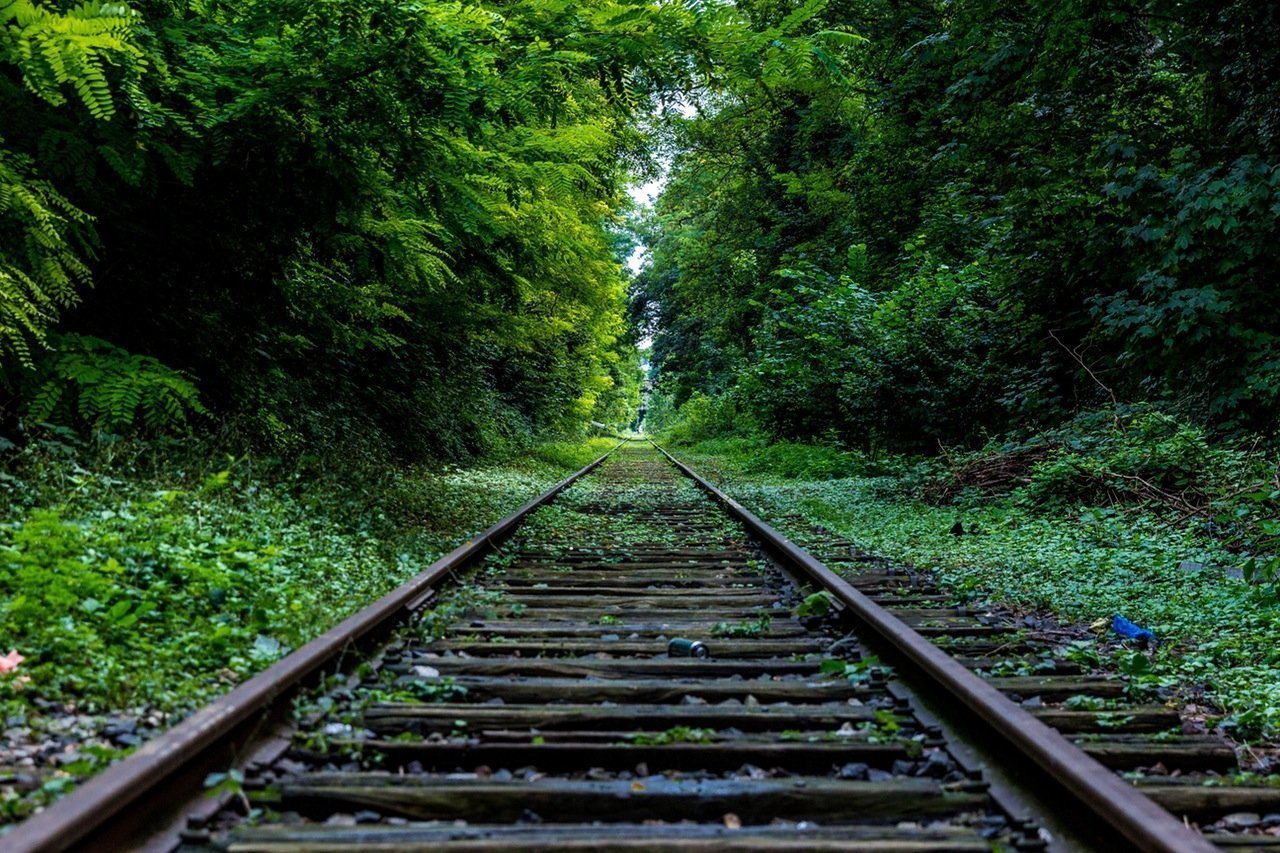
What a terrible title for an article, no?
Isn’t this blog about positivity and following your dreams? Well, it is, but that doesn’t mean you won’t fail in your endeavors.
Whaaaaat? What a bullshit self-improvement blog.
Hate to break it to you, but even though pursuing your passions and living by your own rules should be your ultimate goals, chances are you’ll fail. You’ll invest time, money, and energy into an endeavor and come up empty handed. Maybe you already have. I know it’s happened to me.
But should that stop you from striving for greatness? Hell no! Say it with me: Hell no!
Trying and failing is far better than not trying at all. I’m reminded by a quote from Teddy Roosevelt, the 26th president of the United States:
“It is not the critic who counts; not the man who points out how the strong man stumbles, or where the doer of deeds could have done them better.
"The credit belongs to the man who is actually in the arena, whose face is marred by dust and sweat and blood; who strives valiantly; who errs, who comes short again and again, because there is no effort without error and shortcoming; but who does actually strive to do the deeds; who knows great enthusiasms, the great devotions; who spends himself in a worthy cause; who at the best knows in the end the triumph of high achievement, and who at the worst, if he fails, at least fails while daring greatly, so that his place shall never be with those cold and timid souls who neither know victory nor defeat.”
Love it. Gives me chills.
But our dear Teddy is right. Dare greatly in this life. Try your best at the things you love most. Live for a worthy cause and raise hell in your pursuit of it.
Don’t allow inaction or half-assedness to be the reason you fail. Let life’s uncontrollable quirks be the cause.
And this fact also remains: You should strive for greatness.
So, wouldn’t it make sense, then, to try your best but prepare for the worst? To assume that you’ll fail, but move forward anyway?
I could start with a slew of cliches: Hope for the best but prepare for the worst. It gets worse before it gets better. Beware the calm before the storm.
Yes, yes, I know, what a yawn. But if you remember my article on cliches, you know that sayings become cliches because they’re so true that they’ve been said over and over again.
So, according to the sayings above, failure is inevitable. It’s going to happen whether we like it or not (I’d assume not).
Any successful person started with a dream, which became a vision, which was then translated into an actionable plan, after which the plan was implemented with daily intentions.
Proper planning results in proper success.
So then, wouldn’t a sound plan incorporate the chance of failure? In fact, shouldn’t it expect it, and plan accordingly? A contingency for failure, if you will.
As Ryan Holiday tells us in his book, The Obstacle is the Way, “The person who has released in their mind what could go wrong will not be caught by surprise.”
A plan that doesn’t account for surprises isn’t really a plan at all. It’s no accident that an inscription on the Oracle of Delphi says, “Offer a guarantee and disaster threatens.”
Nothing is guaranteed in life. We shouldn’t expect that we’ll move toward our goals without any bumps or potholes in the road.
If we assume nothing will go wrong, chances are, everything will go wrong.
So, we should of course plan as if failure is bound to occur. “Everyone has a plan until they get punched in the face,” Mike Tyson tells us. Let’s ensure our plan assumes we’ll get punched.
Ok, great, we’re going to fail. Thanks for pointing it out.
Well, now that we know, what do we know now?
Because a single failure doesn’t mean that we can never achieve success. It just means we have to adjust our plans and keep moving forward. Extend our timeline a bit. Maybe even rewire our thinking to welcome failure as a great learning experience.
A high likelihood of failure also doesn’t mean we shouldn’t plan. It means we should plan even more.
Do you think famous generals didn’t plan for the chance of a lost battle? Are we to assume that billionaire entrepreneurs didn’t have a contingency in place just in case they couldn’t raise funding? Of course not.
So, turn that dream into a vision and then an actionable plan. And then implement that plan. But first, before you start, review your daily, weekly, and monthly goals, and imagine all the things that could go wrong.
How will you respond to failure X? How will you deal with failure Y? Include those as part of your plan. This is your failure contingency.
And then when your Plan A fails, you have a plan B and even a plan C already in place so you can adjust your course without missing a beat. As long as the adjusted course ends in the same result, it doesn’t really matter if you work all the way plan Z, as long as you get there.
Ryan Holiday reminds us that when we have a good plan, “We are prepared for failure and ready for success”